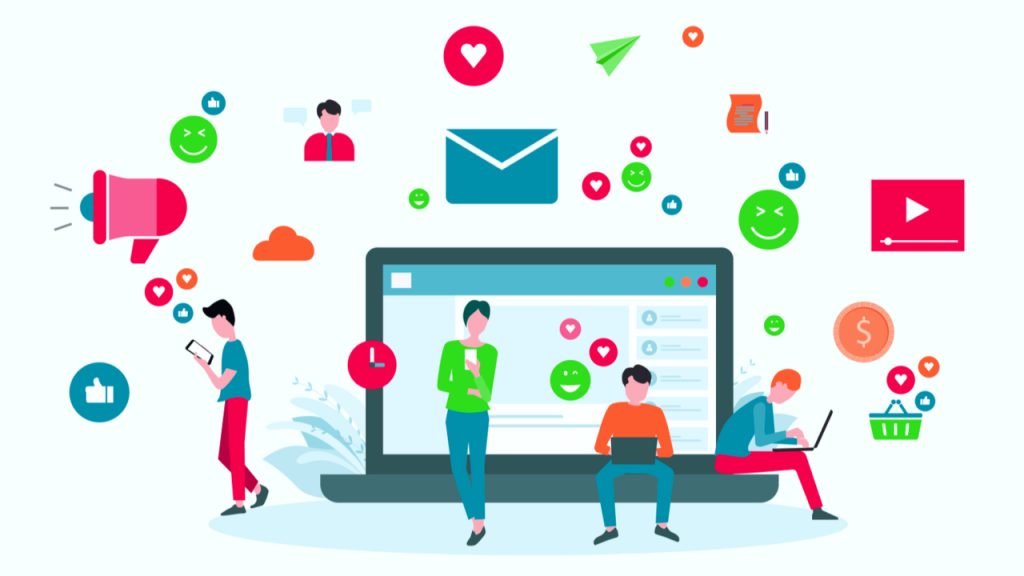What is Social Media

Social media has become an integral part of modern life, transforming the way we communicate, interact, and share information. The rise of social media platforms such as Facebook, Twitter, Instagram, and LinkedIn has revolutionized the way we connect with others, access information, and express ourselves.
On the one hand, social media has numerous benefits. It has enabled people to connect with others across geographical boundaries, fostering global communication and collaboration. Social media platforms have also provided a platform for people to express themselves, share their thoughts, and showcase their creativity. Moreover, social media has become an essential tool for businesses, allowing them to reach a wider audience, promote their products, and engage with customers.
However, social media also has its drawbacks. The proliferation of fake news, cyberbullying, and online harassment has become a significant concern. Social media platforms have also been criticized for their role in spreading misinformation, propaganda, and hate speech. Furthermore, the constant stream of information on social media can be overwhelming, leading to feelings of anxiety, depression, and loneliness.
Another significant issue with social media is its impact on mental health. The constant comparison to others, the pressure to present a perfect online persona, and the fear of missing out (FOMO) can take a toll on one’s mental well-being. Moreover, the blue light emitted from screens can disrupt sleep patterns, leading to fatigue, decreased productivity, and other health problems.
Despite these challenges, social media can also be a powerful tool for social change. It has enabled people to mobilize around social causes, raise awareness about important issues, and promote social justice. Social media has also provided a platform for marginalized communities to express themselves, share their experiences, and demand recognition.
To mitigate the negative effects of social media, it is essential to establish boundaries and practice responsible social media use. This includes setting limits on screen time, taking breaks from social media, and engaging in offline activities. It is also crucial to promote media literacy, critical thinking, and online etiquette to ensure that social media is used in a way that promotes positive interactions and respectful dialogue.
In conclusion, social media is a complex and multifaceted phenomenon that has both positive and negative effects on society. While it has enabled global communication, self-expression, and social mobilization, it also poses significant challenges to mental health, social cohesion, and democratic discourse. By acknowledging these challenges and taking steps to mitigate them, we can harness the power of social media to promote positive change and build a more connected, informed, and compassionate world.




